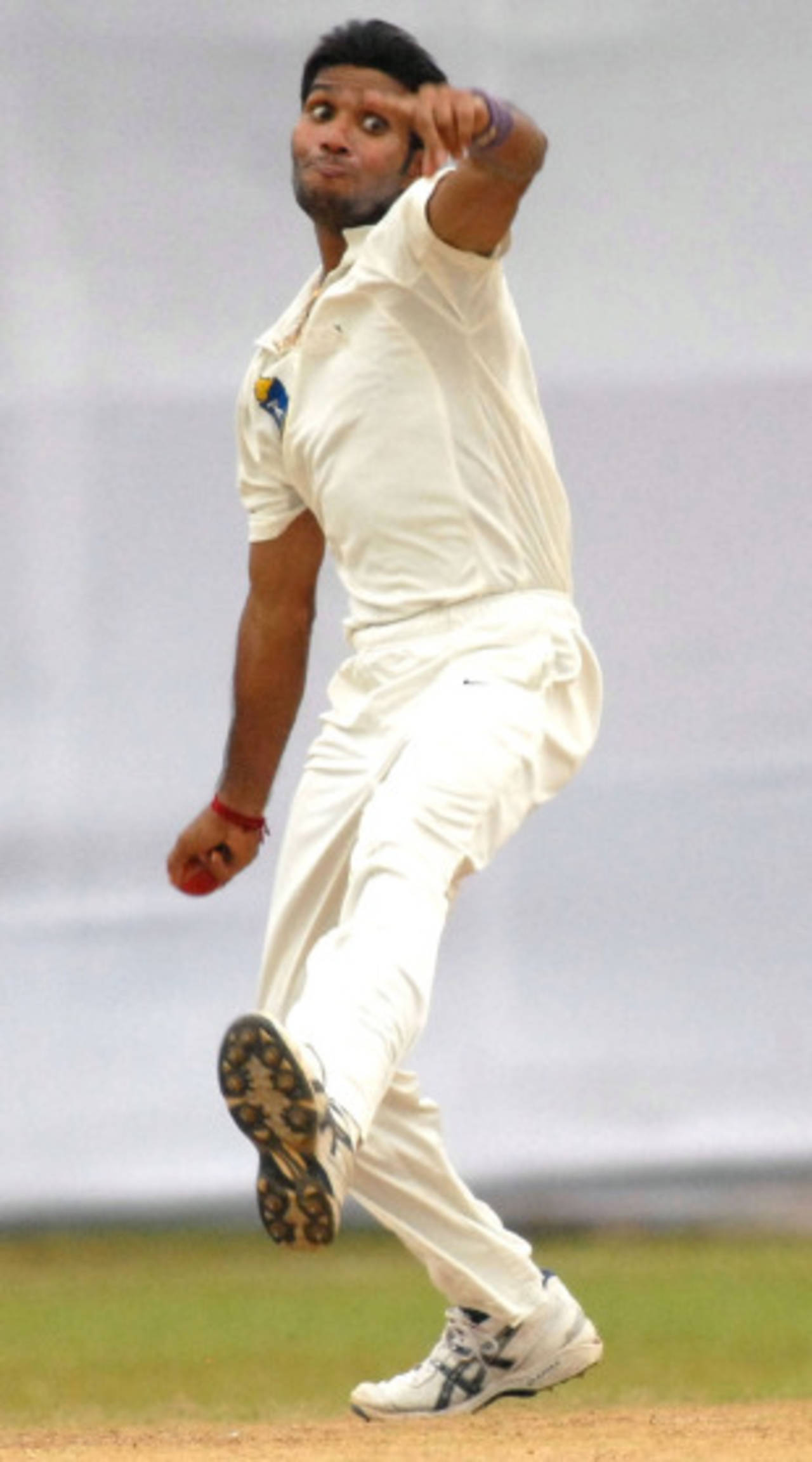It should come as no surprise that India are doing much better over 50 overs than over five days in Australia. It is the form India play best and the reasons are not too difficult to see. India are not too bad, as we saw even in the Tests in England and Australia, over short bursts. Maintaining that quality over longer periods is a different skill, and like peace in the modern world, it is a bit scarce in India at the moment.
Most of it has to do with the quality of bowling. In Test cricket wickets have to be earned by inducing mistakes. In the one-day game, batsmen will take chances and mis-hits will result far more frequently, a bowler can have a number other than zero in the last column of his bowling figures without bowling the unplayable ball. R Vinay Kumar knows that well. He rarely bowls balls that have batsmen up in the middle of the night, and so in the Perth Test he looked like he had strayed into the wrong park. In the one-dayers he does just enough, his slower balls and wide-ish yorkers work well.
And so in a one-day international a combination of good batting and ordinary bowling can win you a game. That is unlikely in Tests, where, if at all, ordinary batting and good bowling is a better combination to possess. You saw that in the World Cup, where Yuvraj Singh emerged as an excellent bowling option and provided the team the balance it so needed; something he could scarcely do in a Test match.
You can see, too, that Dhoni is far more comfortable manipulating his bowlers in a one-day game. He can pinch a couple of overs here, three or four there, and get by. One-day captaincy is much more about instinct and short-term rewards, which we in India are naturally adept at extracting. We see opportunities quickly, we rush in, we are satisfied. A space opens up in a crowded local train and we edge in there, a new counter opens at a bus station and we are first in the new queue; our eyes are forever darting around looking for an opening because if we miss it we may not get another. As a wonderfully instinctive person who has his wits around him, Dhoni revels in these conditions. A five-day game is more like booking your ticket early and reserving a seat rather than charging around looking for one.
Maybe if he had a better bowling attack in Test cricket, he would lead differently. In the last eight Tests India have been very poor with the ball (as indeed with the bat, but that is a relatively easier solution to find). Dhoni has had no incisors; at best he has had molars, and he has looked lost. Fifty overs have come and gone without a change of innings.
But until India learns to celebrate bowling, this will continue. Till the production process becomes more rigorous, this will continue. I have been looking at Ashok Dinda's figures in domestic cricket and they are exciting. Sourav Ganguly thinks he is the best fast bowler in India. But how do we judge him if the batsmen he dismisses don't look like they will dominate him? Till he, or for that matter any young bowler, gets to bowl to quality opposition in domestic cricket, he will have to learn his craft in Test matches. Like Umesh Yadav is. And that is why I keep going on about the structure of domestic cricket. A Mercedes doesn't emerge from raw material of unknown quality. It becomes a Mercedes because of the rigour it is put through. For India to become a dominant Test nation and not just a good one-day cricket team, bowling will have to be a priority, and that cannot happen with the existing structure.
And so India will continue to do well in forms of cricket that require short, instinctive jabs, and will continue to struggle in forms that need discipline and sustained performance. Is that a reflection of the policy planning and execution on the Indian political landscape - short-term jabs rather than long-term plans?
Harsha Bhogle is a commentator, television presenter and writer. His Twitter feed is here
